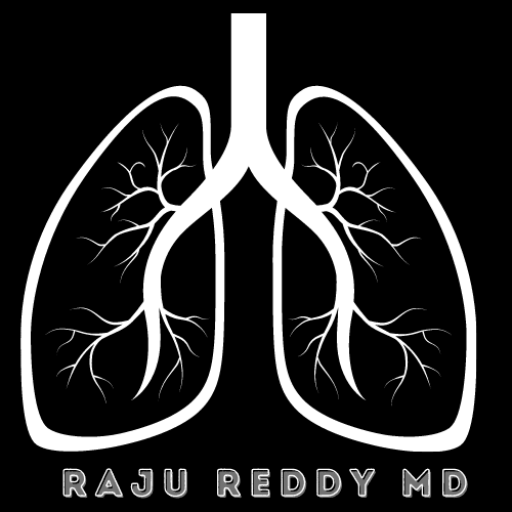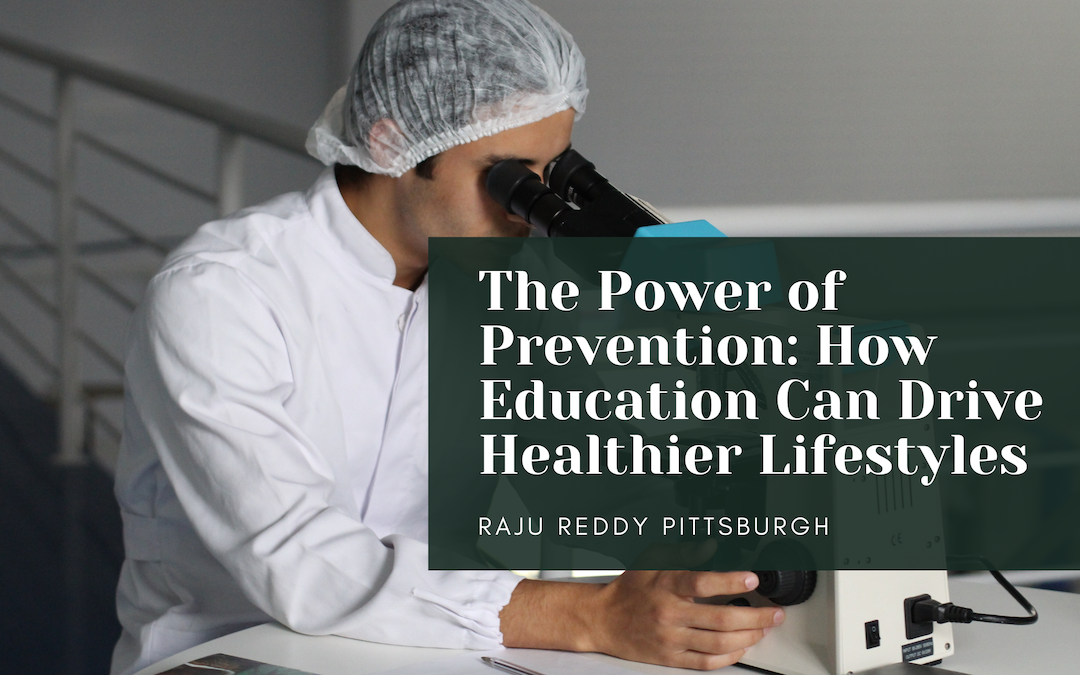The importance of prevention and healthy living cannot be overstated in a world where hectic schedules and modern conveniences often take precedence. Education, as a powerful tool, plays a pivotal role in driving individuals toward adopting healthier lifestyles. Education catalyzes preventing many health issues by imparting knowledge, fostering awareness, promoting informed choices, and paving the way for a better quality of life.
Raising Awareness:
Education is the cornerstone of raising awareness about the significance of healthy living. When people are well-informed about the consequences of their lifestyle choices, they are more likely to make conscious decisions to safeguard their well-being. Through targeted campaigns, workshops, and informational resources, individuals understand the potential health risks associated with habits such as poor nutrition, sedentary behavior, and substance abuse.
Empowering Decision-Making:
Arming individuals with knowledge empowers them to make informed decisions about their health. When people comprehend the benefits of balanced diets, regular exercise, stress management, and sufficient sleep, they are more likely to prioritize these aspects in their daily lives. Education equips individuals with the tools to evaluate the impact of their choices and encourages them to opt for preventive measures rather than reactionary ones.
Breaking Barriers to Change:
One of the major obstacles to adopting healthier lifestyles is the prevalence of myths, misconceptions, and conflicting information. Education serves as a bridge to dismantle these barriers by providing evidence-based insights. When individuals can differentiate between scientifically proven practices and unfounded claims, they are more inclined to embrace positive changes that align with their health goals.
Cultivating Lifelong Habits:
Education doesn’t just offer a short-term solution; it cultivates lasting habits. By instilling the importance of regular exercise, balanced diets, and stress reduction techniques, education sets the stage for lifelong well-being. When healthy practices become ingrained in daily routines from an early age, the risk of chronic diseases like diabetes, heart disease, and obesity diminishes significantly.
Community Impact:
Educational efforts have a ripple effect that extends beyond individual health. Communities benefit from the collective adoption of healthier lifestyles. Education fosters a shared understanding, allowing groups to support and motivate one another toward wellness. This sense of unity transforms into a force that can drive broader changes in societal norms and practices.
Reducing Healthcare Burden:
Prevention is not only beneficial for individuals but also for healthcare systems. Educated individuals are more likely to seek regular check-ups, adhere to medical recommendations, and catch potential health issues early. This proactive approach reduces the burden on healthcare resources, enabling medical professionals to allocate their efforts more effectively.
In conclusion, education’s impact on driving healthier lifestyles must be considered. Education catalyzes preventive measures by raising awareness, empowering decision-making, breaking barriers, cultivating habits, and fostering community support. Embracing knowledge to promote well-being can lead to healthier individuals, stronger communities, and a more resilient society.

